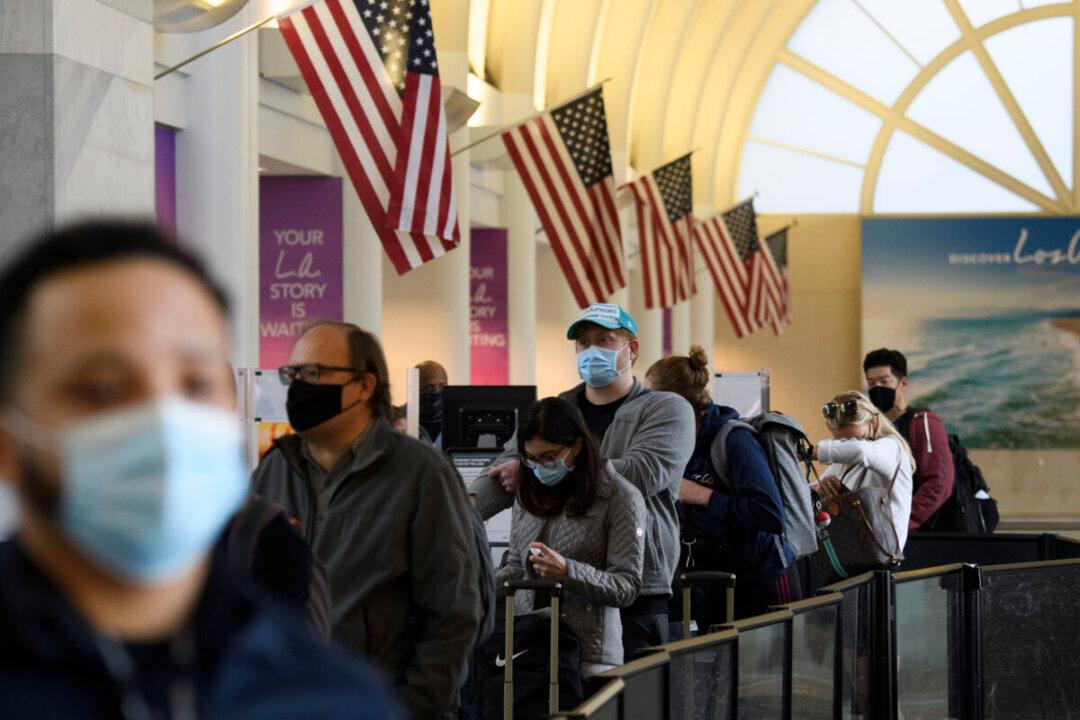The United States on Monday issued additional visa restrictions on Chinese Communist Party (CCP) officials believed to have engaged in human rights abuses, including cracking down on freedoms of speech and belief.
Secretary of State Mike Pompeo said in a statement the restrictions affect officials believed to be responsible for or complicit in repressing religious practitioners, ethnic minority groups, dissidents, and others.





